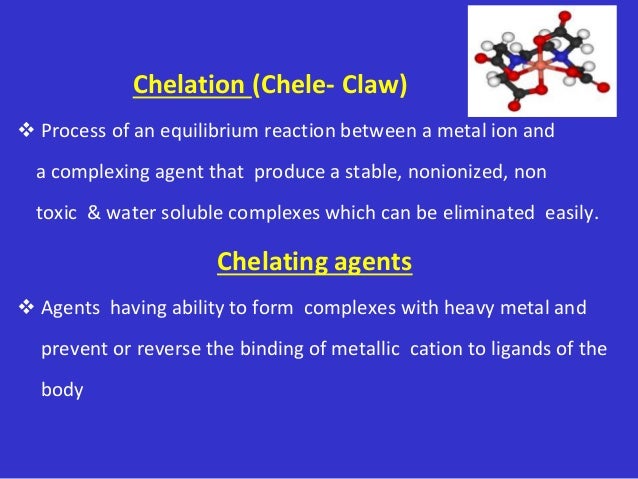SPOILER ALERT!
Brazil Nov ethanol imports dive, initial fall on year in 2020
Brazilian ethanol imports continued to drop, falling for the 3rd consecutive month with 50.3 million litres going into the nation in November, down practically 45% from October and 64% less than a year previously, the most recent information from the Secretariat of Foreign Profession (SECEX) revealed Tuesday.
This is the first time this year imports have actually fallen on the year.
Mostly all of the quantity went into the nation through ports in the Northeast area, via Itaqui and also Suape (25.2 million litres and also 10 million litres, specifically) and also come from the United States to be utilized as anhydrous ethanol to be combined into gasoline.
A total of 15 million litres also got in by means of Santos, the first time the Center-South region has imported directly from the US given that March.
Advancing imports of ethanol in Brazil over January-November were 1.74 billion litres, 2.5 times higher than a year previously.
The depression in imports in November was expected, provided the recent imposition of a 20% import toll.
chelating agent was implemented on September 4.
Because of the way the import tax obligation is structured, volumes of as much as 150 million liters a quarter enter the country task cost-free.
The consolidated quantity of imports that went into in September, October and also November totaled up to 253 million litres. The tariff-free quota had actually currently been gone beyond in October.
In December the quota-free quantity of 150 million liters/quarter restarts from no.
Estimates from Kingsman, the farming evaluation system of S&P Global Platts, is that with completion of the year a total of simply over 1.8 billion liters will be imported by Brazil in 2020.
For next year Kingsman anticipates the flow of imports to proceed as Brazil is approximated to remain in an ethanol deficit.

Despite a higher proportion of sugarcane expected to be straight in the direction of ethanol in the 2018-19 (April-March) CS Brazilian period than this period, a reduced total cane crush and also ATR are anticipated to keep production at around 25 billion litres of ethanol in complete (both hydrous and anhydrous), down from 25.3 billion litres anticipated in 2019-2020.
This is the first time this year imports have actually fallen on the year.
Mostly all of the quantity went into the nation through ports in the Northeast area, via Itaqui and also Suape (25.2 million litres and also 10 million litres, specifically) and also come from the United States to be utilized as anhydrous ethanol to be combined into gasoline.
A total of 15 million litres also got in by means of Santos, the first time the Center-South region has imported directly from the US given that March.
Advancing imports of ethanol in Brazil over January-November were 1.74 billion litres, 2.5 times higher than a year previously.
The depression in imports in November was expected, provided the recent imposition of a 20% import toll.
chelating agent was implemented on September 4.
Because of the way the import tax obligation is structured, volumes of as much as 150 million liters a quarter enter the country task cost-free.
The consolidated quantity of imports that went into in September, October and also November totaled up to 253 million litres. The tariff-free quota had actually currently been gone beyond in October.
In December the quota-free quantity of 150 million liters/quarter restarts from no.
Estimates from Kingsman, the farming evaluation system of S&P Global Platts, is that with completion of the year a total of simply over 1.8 billion liters will be imported by Brazil in 2020.
For next year Kingsman anticipates the flow of imports to proceed as Brazil is approximated to remain in an ethanol deficit.

Despite a higher proportion of sugarcane expected to be straight in the direction of ethanol in the 2018-19 (April-March) CS Brazilian period than this period, a reduced total cane crush and also ATR are anticipated to keep production at around 25 billion litres of ethanol in complete (both hydrous and anhydrous), down from 25.3 billion litres anticipated in 2019-2020.
